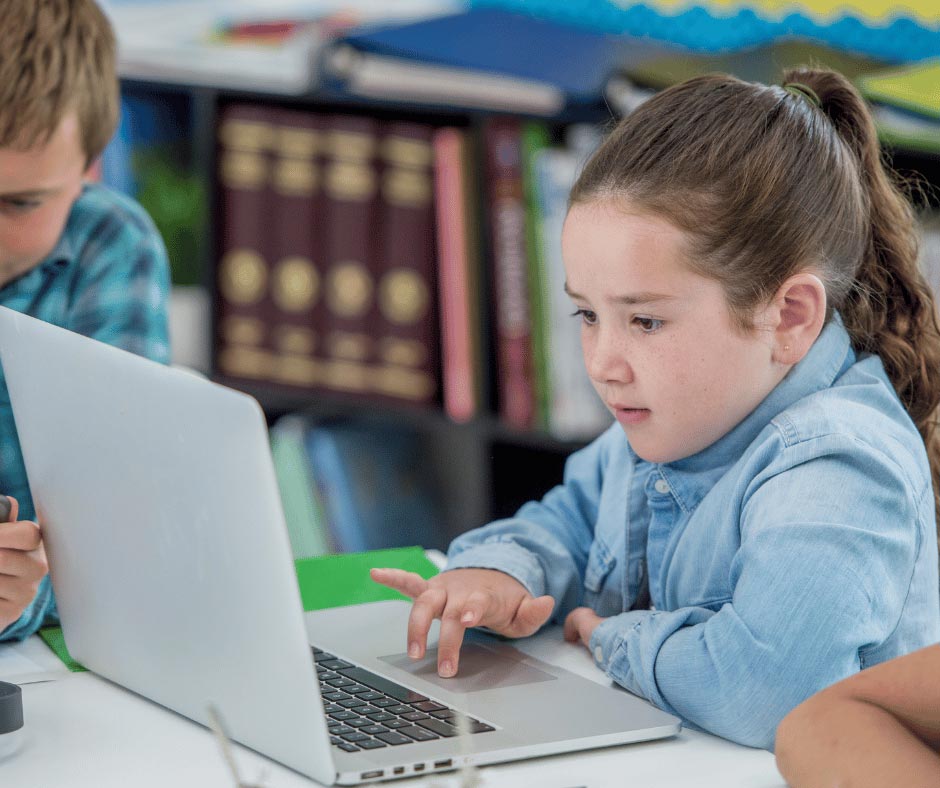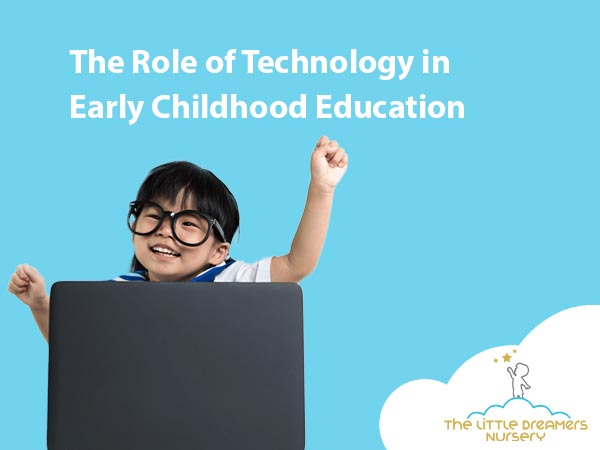The Role of Technology in Early Childhood Education
The use of technology in early childhood education has become increasingly popular in recent years. As society becomes more reliant on technology, it only makes sense to introduce it to young children.
In this blog post, we will explore the benefits of technology in early childhood education, the types of technology used, its impact on cognitive and social-emotional development, and the integration of technology in the classroom.
We will also discuss advancements in technology for early childhood education, the challenges in implementing technology, and the future of technology in this field.
Benefits of Technology in Early Childhood Education
Technology in early childhood education has several benefits, including improved engagement and motivation among young learners.
Interactive digital tools, such as educational apps and games, can make learning more fun and engaging. Additionally, technology can provide more personalized learning experiences for individual students, catering to their unique learning styles and needs.
Types of Technology Used in Early Childhood Education
Technology used in early childhood education can range from simple tools such as whiteboards and tablets to more advanced devices such as virtual reality headsets and robotics.
Some award-winning nurseries, such as the nursery in Jumeirah, have implemented cutting-edge technology in their curriculum to enhance learning experiences.
Impact of Technology on Cognitive Development
The use of technology in early childhood education can have a positive impact on cognitive development. Research has shown that interactive digital tools can enhance problem-solving skills, spatial reasoning, and memory retention among young learners.
Integration of Technology in the Classroom
Integrating technology in the classroom can be a challenge, but it is important to ensure that it is done effectively. Teachers must receive proper training to effectively use technology in their teaching and to ensure that it is used in a safe and responsible manner.
Technology and Social-Emotional Development
While technology can provide many benefits, it is important to consider its impact on social-emotional development. Excessive screen time can have negative effects on social skills and emotional regulation in young children.
However, when used in moderation and alongside traditional learning methods, technology can enhance social-emotional development by providing opportunities for collaboration, communication, and creativity.
Advancements in Technology for Early Childhood Education
Advancements in technology for early childhood education continue to emerge, including the use of artificial intelligence and augmented reality.
These technologies have the potential to revolutionize the way young children learn, making it more personalized, interactive, and engaging.
Challenges in Implementing Technology in Early Childhood Education
While technology has many benefits, it also presents several challenges in early childhood education. These challenges include the cost of technology, ensuring that it is developmentally appropriate, and providing proper training to teachers.
Future of Technology in Early Childhood Education
The future of technology in early childhood education looks promising. With advancements in technology and its potential to enhance learning experiences, it is likely that more nurseries and kids’ nurseries will begin integrating technology into their curriculum.
However, it is important to continue to research and monitor the impact of technology on young children to ensure that it is used in a responsible and effective manner.
Technology and Toddlers
When it comes to using technology with toddlers and children under 7 years old, it is important to consider their developmental stage and abilities. Young children need hands-on experiences and opportunities to explore the world around them through their senses.
They also need plenty of social interaction and opportunities for imaginative play, which is crucial for their cognitive and social-emotional development.
While technology can enhance learning experiences, it can also be harmful if used excessively or inappropriately.
Excessive screen time has been linked to a variety of negative effects on young children, including language delays, attention problems, and decreased physical activity. Additionally, exposure to inappropriate content or cyberbullying can have long-term negative effects on a child’s mental health and well-being.
It is important to prioritize activities that promote physical activity, social interaction, and imaginative play for young children.
Activities such as outdoor play, reading, storytelling, art, and music can provide children with the hands-on experiences and social interaction they need to develop important skills and abilities.
When it comes to technology, it is important to use it in moderation and in a developmentally appropriate manner. This means selecting age-appropriate content and setting limits on screen time.
Parents and teachers should also be actively involved in children’s use of technology, providing guidance and support to ensure that it is used safely and responsibly. By balancing the use of technology with other important activities, young children can reap the benefits of technology while still getting the hands-on experiences and social interaction they need to thrive.
Conclusion
In conclusion, technology in early childhood education has many benefits, including improved engagement, personalized learning, and enhanced cognitive development.
However, it is important to consider its impact on social-emotional development and to ensure that it is used in a safe and responsible manner.
With the continued advancements in technology, it is likely that we will see more integration of technology in early childhood education in the future.











